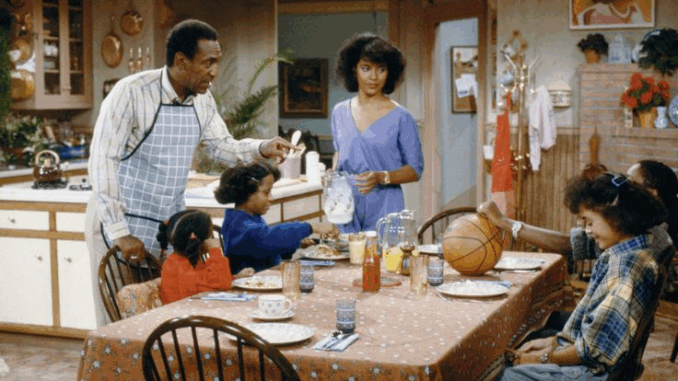
The Cosby Show is often celebrated not only for its groundbreaking representation of a Black family but also for its distinct brand of humor — one that blends intelligence, warmth, and relatability. Unlike the slapstick or exaggerated comedy common in many sitcoms of its era, The Cosby Show employed a sophisticated style of humor that elevated the genre and reshaped audience expectations for what a sitcom could be.
The Essence of Huxtable Humor
At the core of the show’s comedy was a blend of sharp wit, playful banter, and observational insights into everyday family life. Bill Cosby’s comedic timing and storytelling prowess brought a natural, conversational rhythm to the dialogue, making the humor feel organic and authentic.
The show relied heavily on situational comedy grounded in real-life issues: parenting challenges, generational clashes, school struggles, and marital dynamics. Humor was never cheap or mean-spirited; it was used as a tool to explore character depth and foster empathy.
Intellectual Humor Meets Family Dynamics
One hallmark of The Cosby Show’s humor was its clever layering — jokes often worked on multiple levels, appealing both to children and adults. For example, puns, cultural references, and subtle irony invited the audience to engage actively with the content rather than passively consume it.
This intellectual humor coexisted seamlessly with physical comedy and slapstick moments, such as Cliff Huxtable’s playful antics or family members’ exaggerated reactions. The balance allowed the show to appeal broadly while maintaining sophistication.
Impact on the Sitcom Landscape
The Cosby Show’s humor set a new standard for family sitcoms in the 1980s and beyond. It demonstrated that smart, respectful comedy could be both commercially successful and culturally significant. The show’s success paved the way for later sitcoms that emphasized character-driven, intelligent humor — from The Fresh Prince of Bel-Air to Black-ish.
Moreover, by infusing comedy with meaningful social themes, the show helped shift sitcoms from purely entertainment-driven formats toward platforms for subtle social commentary, making laughter a gateway to deeper understanding.
Legacy of Humor in Modern Television
Today, the influence of The Cosby Show’s humor can be seen in how sitcoms approach complex topics with a light touch, blending humor with heart. Writers and actors continue to draw on its legacy of wit, timing, and warmth to create stories that entertain while reflecting real family dynamics.
Conclusion
The distinct comedic style of The Cosby Show was more than just laughter — it was a form of storytelling that enriched the sitcom genre and expanded its possibilities. By marrying smart humor with relatable family moments, the show left an enduring mark on television comedy and audience expectations.